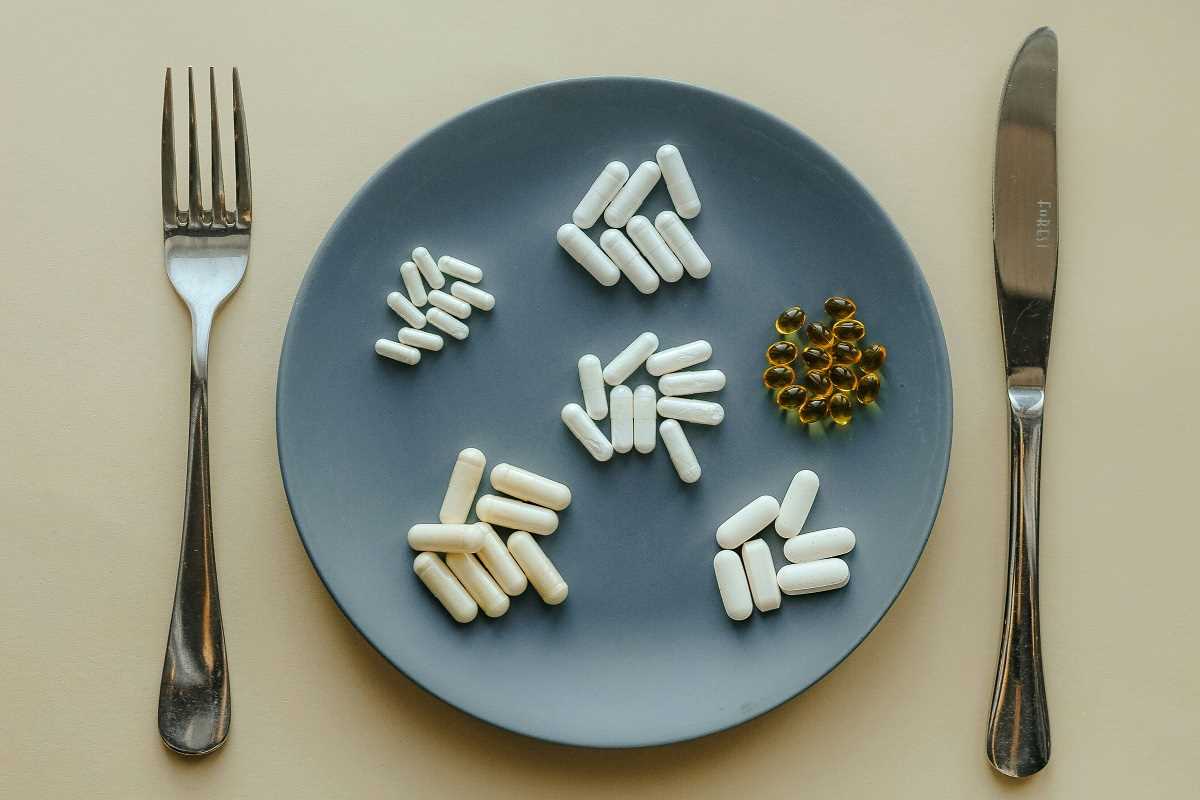Depression is a mental health condition that affects millions of people around the world. It can impact every aspect of life, from relationships to work performance to overall well-being. If you or someone you love is struggling with depression, you may have considered whether medication could help. This article aims to explore whether depression medication is the right choice for you and how it fits into the broader picture of treating depression.
Understanding Depression and Its Symptoms
Before deciding on a treatment plan, it’s important to fully understand depression. Depression isn’t just feeling sad or having a bad day; it’s a persistent condition that can last for weeks, months, or even years. Common symptoms of depression include:
- Persistent feelings of sadness, emptiness, or hopelessness
- Loss of interest in activities once enjoyed
- Fatigue and low energy
- Difficulty concentrating
- Changes in appetite or weight
- Insomnia or excessive sleeping
- Thoughts of death or suicide
Depression is often linked to chemical imbalances in the brain, particularly involving neurotransmitters like serotonin and norepinephrine. These chemicals are responsible for regulating mood, emotions, and overall mental functioning. When these chemicals are out of balance, depression can occur.
However, depression isn’t solely caused by biology. Life stressors, trauma, major life changes, or even chronic illness can trigger or worsen symptoms. Everyone’s experience with depression is unique, and therefore, the approach to treatment can vary from person to person.
The Role of Medication in Treating Depression
Depression can be treated in a variety of ways, including therapy, lifestyle changes, and medication. Medication, particularly antidepressants, is often prescribed when symptoms are moderate to severe and are not improving with therapy alone.
Antidepressants work by helping to restore the balance of chemicals in the brain that regulate mood. The most common classes of antidepressants include:
- Selective Serotonin Reuptake Inhibitors (SSRIs): These are the most commonly prescribed antidepressants. They work by increasing the levels of serotonin in the brain, which helps improve mood.
- Serotonin-Norepinephrine Reuptake Inhibitors (SNRIs): These medications increase the levels of both serotonin and norepinephrine in the brain.
- Tricyclic Antidepressants (TCAs): These are older medications, but they are still sometimes prescribed. They work by affecting several neurotransmitters, but they tend to have more side effects.
- Atypical Antidepressants: These work in various ways and are often used when SSRIs and SNRIs don’t provide enough relief.
Medication doesn’t cure depression, but it can help alleviate symptoms, giving individuals the space and energy they need to engage in therapy or make other lifestyle changes. For many, the combination of medication and therapy leads to the best results.
How Do You Know If Medication Is Right for You?
While antidepressants can help many people, they aren’t always the right solution for everyone. Here are some factors to consider when deciding whether medication is right for you:
- Severity of Symptoms: If your symptoms are severe, and especially if you have thoughts of suicide, medication may be necessary. In these cases, antidepressants can help stabilize your mood and prevent further decline.
- Previous Treatment Attempts: If therapy alone hasn’t worked for you, or if you’ve been in therapy for a while but still feel stuck, adding medication might make a difference. Many people with depression benefit from a combination of therapy and medication.
- Time and Lifestyle: Medication can be especially helpful for people who don’t have the time or resources for extensive therapy. If therapy alone isn’t enough, medication can help you manage symptoms so that you can be more present and engaged in life.
- Side Effects: Every medication comes with potential side effects. Common side effects of antidepressants can include nausea, headaches, sexual dysfunction, weight gain, and trouble sleeping. However, these side effects often subside after the body adjusts to the medication. It’s essential to discuss potential side effects with your doctor and monitor your body’s response.
- Other Health Conditions: Certain medical conditions can impact depression and influence the decision to use medication. For example, people with chronic illnesses, hormonal imbalances, or sleep disorders may experience depression as a secondary symptom. Medication may be used alongside other treatments for the primary health issue.
Benefits of Combining Medication with Therapy
While medication can be helpful on its own, research shows that combining antidepressants with therapy can provide the best results. Therapy, particularly Cognitive Behavioral Therapy (CBT), helps individuals understand and change negative thought patterns, while medication can help regulate mood and reduce anxiety. This combination can offer a more comprehensive approach to managing depression.
Therapy also provides the emotional support and coping skills necessary to deal with life’s challenges and prevent relapse. Learning to manage stress, improve relationships, and build resilience can help reduce the need for long-term medication use. It’s worth noting that many people who begin with medication later transition to therapy or other non-medication treatments once their symptoms are under control.
Is Depression Medication Worth the Cost?
One of the most significant barriers to seeking depression medication is the cost. Without insurance, antidepressants can be expensive. Additionally, some people may have concerns about the long-term commitment of taking medication or the financial burden of prescription costs. However, there are often options for people who are concerned about the expense.
- Insurance Coverage: Most health insurance plans offer coverage for mental health treatment, including medication. If you don’t have insurance, you may be eligible for programs that help cover the cost of medication.
- Generic Medications: Generic versions of antidepressants are available at a lower price and are often just as effective as their brand-name counterparts.
- Discount Programs: Many pharmacies and drug manufacturers offer discount programs or cards that can reduce the cost of prescription medications.
Deciding whether to take medication for depression is a personal decision that requires careful thought. Medication can be highly effective for many people, especially when combined with therapy. It can help improve mood, restore energy, and make it easier to engage in other forms of treatment, like counseling.
However, medication isn’t the right choice for everyone, and it’s important to weigh the benefits and potential side effects. Therapy, lifestyle changes, and self-care practices also play an essential role in managing depression, and for many, the combination of therapy and medication provides the best results.
 (Image via
(Image via





